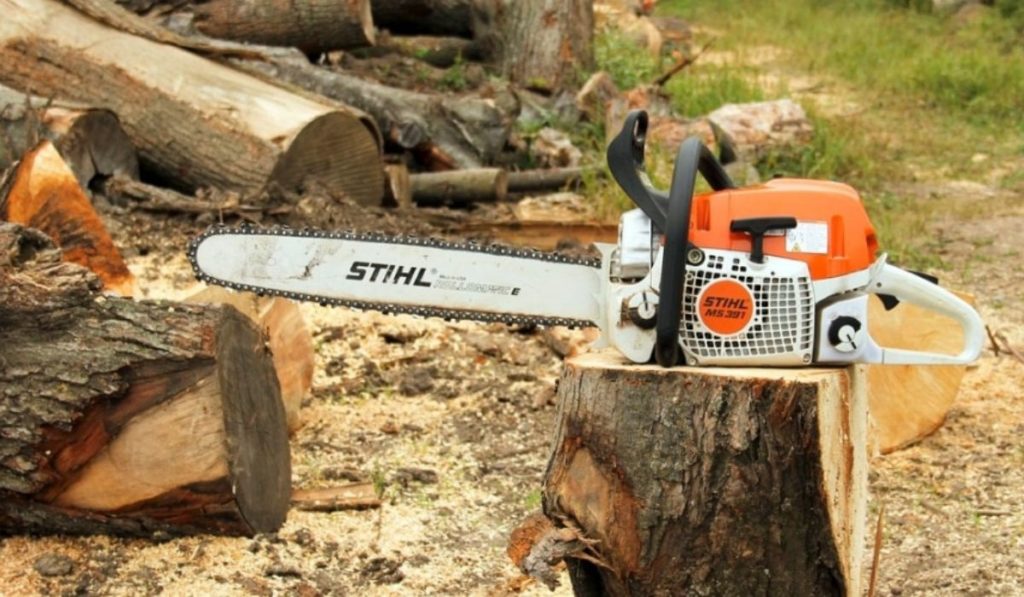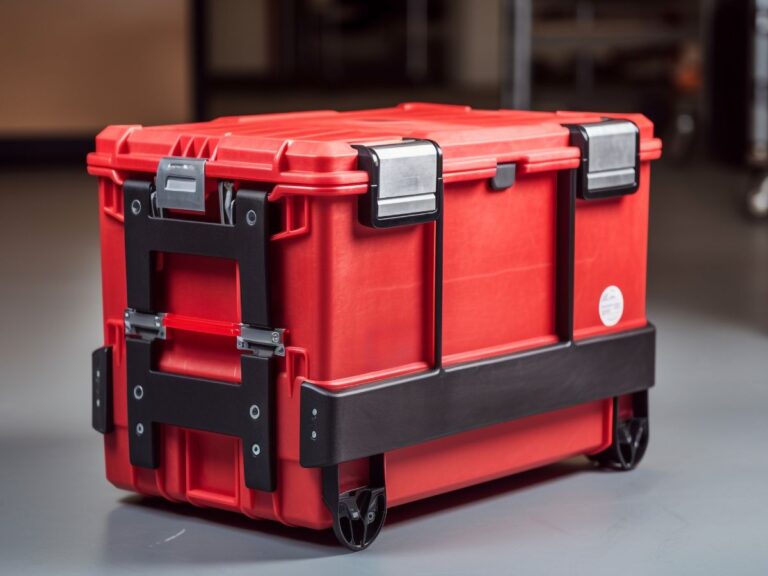Are you tired of battling clutter or yearning for a...
Read MoreStihl Vs. Husqvarna Chainsaw: Which is the Better Choice?
- WWPN Staff
Stihl and Husqvarna – immediately pop into your mind when someone asks you to name the biggest brands in the chainsaw market.
There is no disagreement or doubt amongst avid DIYers and professionals that these two are top choices for the chainsaw to take care of yards or cut down trees. But the same folks will not be able to answer which one is better between these two brands.
The truth is that both Stihl and Husqvarna chainsaws have specifications that make them unique. However, you can’t buy both of them for obvious reasons.
Hence to clear up the confusion, this post will walk you through the brief history of the brands and the features that set them apart. Hopefully, it will help you make an informed decision. Let’s get started.
Let's Talk a Bit About the Brands
Stihl and Husqvarna are both European brands manufacturing Chainsaws for the last 50 years. In the year 1926, Stihl came into being outside Stuttgart in Germany, where it is still headquartered.
While it has a prominent reputation, Husqvarna is also nowhere lacking – it is deemed as one of the world’s largest and oldest companies manufacturing power tools since 1689. However, it was in the late 1950s that they started producing chainsaws.
Husqvarna’s headquarter is in Sweden, but similar to Stihl, the manufacturing of its products takes place in other parts of the globe as well – China, Brazil, and the USA.
Stihl Vs. Husqvarna: Comparison of Features
When you take a look at both these brands’ chainsaws, there are some differences prevalent in both products. Therefore, we will compare their features to help you take a chainsaw home worth every penny spent.
1. Engines & Power: Husqvarna
The Husqvarna comes with a more powerful engine out of the two brands owning to its X-TORQO technology. Being in the manufacturing market for years with substantial time to research and perfect the product, Husqvarna wins the race for the high-powered engine.
On the other side, although Stihl Chainsaw does not lack power, it is still less than Husqvarna. So, if you are planning to undertake a DIY or medium-size project work, the Stihl Chainsaw can be your ideal pick.
However, when it comes to power, nothing beats the Husqvarna engine. Therefore, it is perfect for cutting down trees spread over large square feet.
2. Torque: Stihl

The Torque of the chainsaw helps define the “use” of the machine.
Stihl chainsaws are ideal for cutting through tough and dense woods and knots along with brushes – though they might not be as fast as the Husqvarna. However, the good thing is they feature a robust low-end torque that allows smooth working on complex surfaces.
At the same time, you can’t expect the Husqvarna chainsaw to effectively cut through tough tree joints and knots despite high speed. Unfortunately, it doesn’t have the same low-end torque required to operate through these things.
Though, Husqvarna does promise you the efficiency needed to make clean and precise cuts.
3. Weight and Ease of Use: Stihl
To determine ease of use, experts stress the weight of the machine. A lighter chainsaw provides easy maneuvering compared to its heavier counterpart.
Stihl and Husqvarna both offer large and small sizes, but the latter’s chainsaws are known for coming with bulky fuel tanks. Due to this, when the Husqvarna chainsaw is wholly fueled, it weighs more and adds to hand fatigue.
In this sense, Stihl is the clear winner regarding comfort and convenience in use. However, the downside is you can’t expect to use this chainsaw for bigger projects and extended periods without constant refilling.
4. Fuel Capacity, Emissions, & Efficiency: Husqvarna
Husqvarna scores the charts when it comes to fuel capacity. Thanks to the larger gas tank on the chainsaw, it doesn’t need frequent refilling and gets the job done in a limited time.
Stihl’s small fuel capacity is also not bad, but it does mean that you have to constantly refill the tank – increasing the time to complete the job. However, investing in a Stihl is the right choice if you have a small property or area to maintain.
That said, another benefit of Husqvarna is they offer better efficiency and reduced emissions, which makes it an environmentally-friendly choice. The improved fuel efficiency also means reduced refill time which lowers the fuel cost and ultimately saves you money.
So, by choosing the Husqvarna chainsaw, you are doing right by the planet and your wallet.
5. Maintenance: Stihl
It doesn’t matter which brand chainsaw you purchase; maintenance is valuable for every machine to ensure proper and safe functioning.
Making repairs, cleaning the air filter and fuel tank, and oiling and sharpening the chain are a few things that need to be done to ensure the chainsaw’s effective operation. Generally, the Husqvarna chainsaw is the one that would be a pain when it comes to maintenance. It will require frequent checking that will take up most of your time.
Its counterpart, Stihl, is made with superior engineering that offers easy maintenance that you can schedule within limited intervals.
6. Safety in Use: Husqvarna
Safety features in any machine are of prime importance as they minimize the risk of accidents and mishaps. Thus, both brands have built chainsaws keeping customers’ safety at the forefront.
With Husqvarna, you can expect a single switch that is quickly accessible to put a stop to the blade motion. While the Stihl chainsaw also has a similar feature, instead of pushing the switch down, which happens swiftly, you have to rotate it in another direction to halt the machine.
Though not a major difference, it is intuitive for people to push a machine downwards when the situation demands it. Luckily for added safety, both have chain brake systems to avert kickback.
Besides, your safety depends on you, too – wear proper gear, goggles, and gloves when cutting.
7. Availability: Husqvarna
This feature can be a deal-breaker for most folks. While Husqvarna chainsaws can be found and purchased from online and offline stores, the same cannot be said for Stihl. You can purchase it only from an authorized Stihl dealer.
If you are lucky, you will find one near you; otherwise, you must do some digging if your heart is stuck at the Stihl chainsaw.
8. Price & Warranty: Tie
When you compare the price and warranty by both brands, it is a clear situation of a tie. The reason is that Husqvarna and Stihl offer different models of chainsaw priced according to their features, size, and functioning.
That said, when it comes to purchasing a machine, a warranty is crucial. Stihl offers from one year to three years warranty for household tools and three months for professional equipment.
Husqvarna warranty is also along similar lines – it offers one year warranty for chainsaws and, luckily, limited lifetime warranties for other products.
Final Thoughts
Let’s be honest; there is no clear-cut winner when it comes to Stihl vs. Husqvarna.
If Stihl doesn’t feature a powerful motor, it offers easy functioning. At the same time, if Husqvarna weighs more, it provides precise and quick cutting. In simple terms, where one lacks, the other thrives, and vice-versa. However, both boast of high productivity, efficiency, and durability.
Ultimately, an individual preference and uses will determine the choice. If you plan to engage in big projects, look at Husqvarna, and if your usage is limited, Stihl is here for you.
Nevertheless, you won’t be disappointed with whichever chainsaw you take home!




